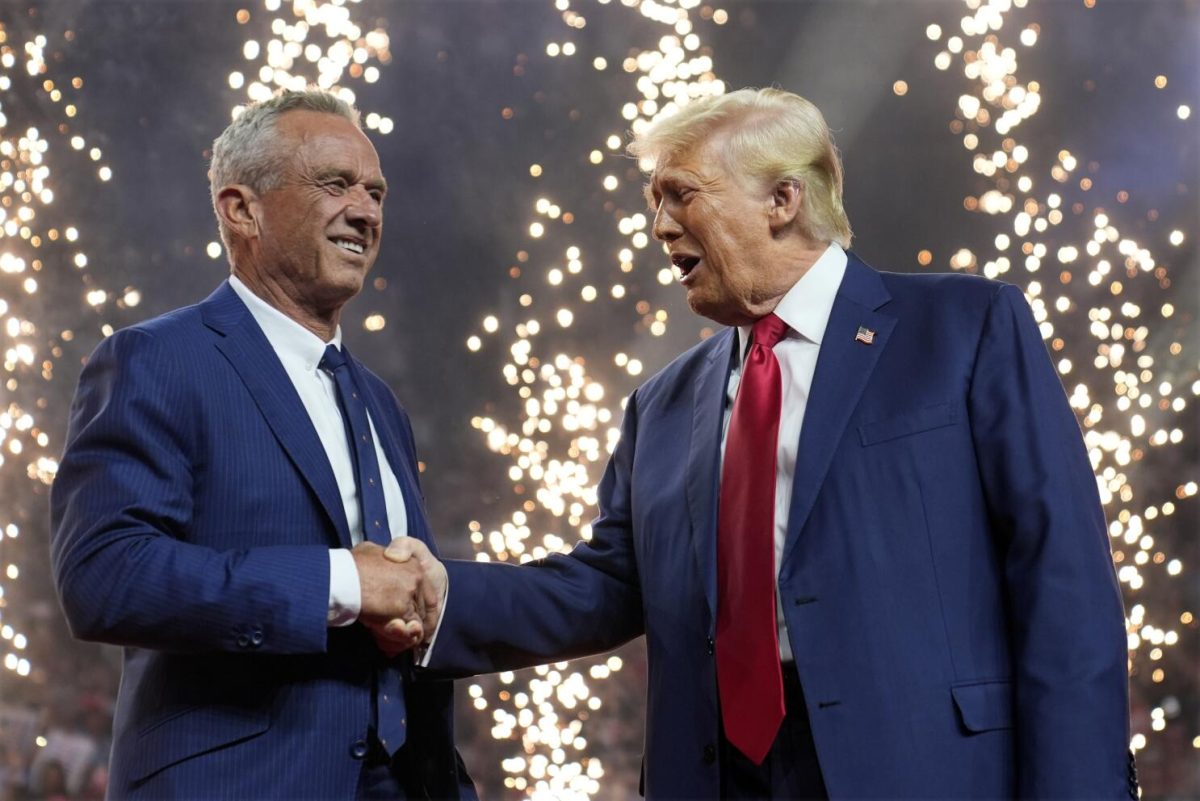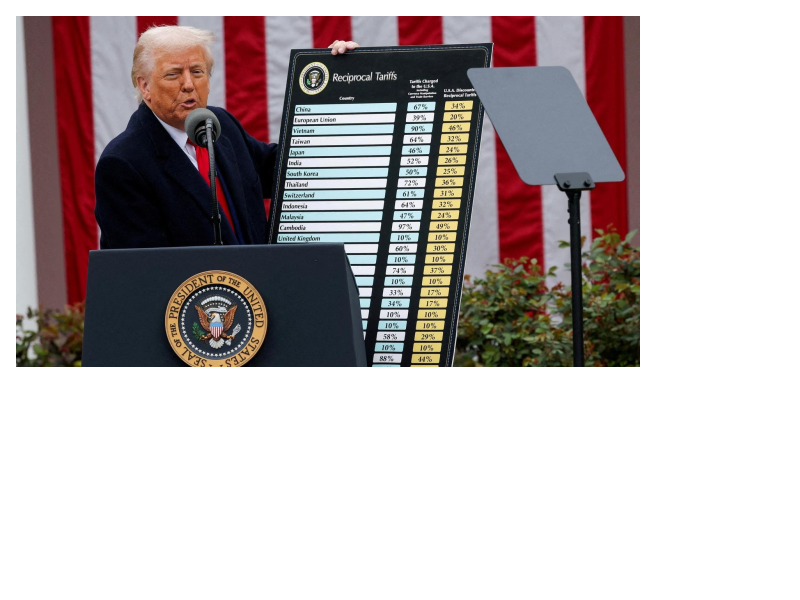As the elections come up this November, all eyes are on Donald Trump and Kamala Harris. With this, it’s easy to lose sight of an important aspect of our democracy, one often overshadowed by the giant elephant and donkey, and dismissed as irrelevant: third parties. Despite the significance of the Democratic and Republican parties in American politics, the third parties are just as important, both from a policymaking standpoint and for upholding democratic values. As such, even if none of them ever have a chance of actually winning, voting for them is important if mainstream candidates don’t align with your views.
In the 2000 election, the green party chose Ralph Nader in their second ever presidential bid, putting on a historic performance, gaining 2.6% of the popular vote. While Nader did not even come close to winning, this campaign had an impact beyond the presidency. The green party has brought issues like climate change, ecological sustainability, and nonviolence to the forefront of global politics, shaping the agenda of the mainstream parties. A direct example of this is the Green New Deal, a deal for various environmental and social policies, originally promoted by the green party, including renewable energy, free college, carbon taxes, etc. Because of the green party’s success, it was able to gain traction, with policy regarding it being pushed for by members of mainstream parties, Representative Alexandria Ocasio-Cortez, Bernie Sanders, and others in the Democratic party, who all have it as a priority on their individual agendas.
Of course, many argue against voting for third parties when it is clear they won’t win, as they draw away votes from mainstream candidates that those same voters would prefer (over the other candidate). For example, in the same 2000 election, many blamed Nader for taking away votes from Al Gore (which many green party voters may have aligned with more, over his opponent, George W. Bush), leading to his loss in the election. However, had people not voted for the green party, and had they not done so well, important topics like the environment might never have gained as much attention, and support for policy to address them would likely never have existed with mainstream parties.
Unfortunately, third party candidates still face this challenge. The current green party candidate, Jill Stein, has constantly been accused of drawing away votes from Democratic candidates, specifically in the 2016 election, in key states like Michigan, Pennsylvania, and Wisconsin. The Libertarian party, the largest third party, has often been accused of siphoning votes off the Republican party. In the current election, to avoid such problems, former Democrat and presidential candidate for the We The People Party, Robert F. Kennedy has dropped off the ballot in various key states to not draw away votes from Trump. But it is important to vote for these third parties if you support them to ensure issues that you care about are brought to light.
According to the PEW Research Center, 30% of Americans feel dissatisfied with the major parties. Rather than harboring dissent towards main parties, or abstaining from elections, Voting for third parties helps preserve democratic values, prevent resentment toward main parties, and, and increase voter participation. This can be seen in countries like Germany, which operates under a parliamentary system, and thus has multiple parties in the legislature and multiple parties in the coalition for the executive. There, the largest parties have only a small plurality of votes, and thus have a broader range of views expressed in the government. As such, in federal elections Germany has a voter turnout of 76% , significantly higher than that of the United States at 66%. Therefore, voters should vote for third parties, despite them siphoning away votes from mainstream parties, to ensure that their values are represented, and to preserve true democratic values.












